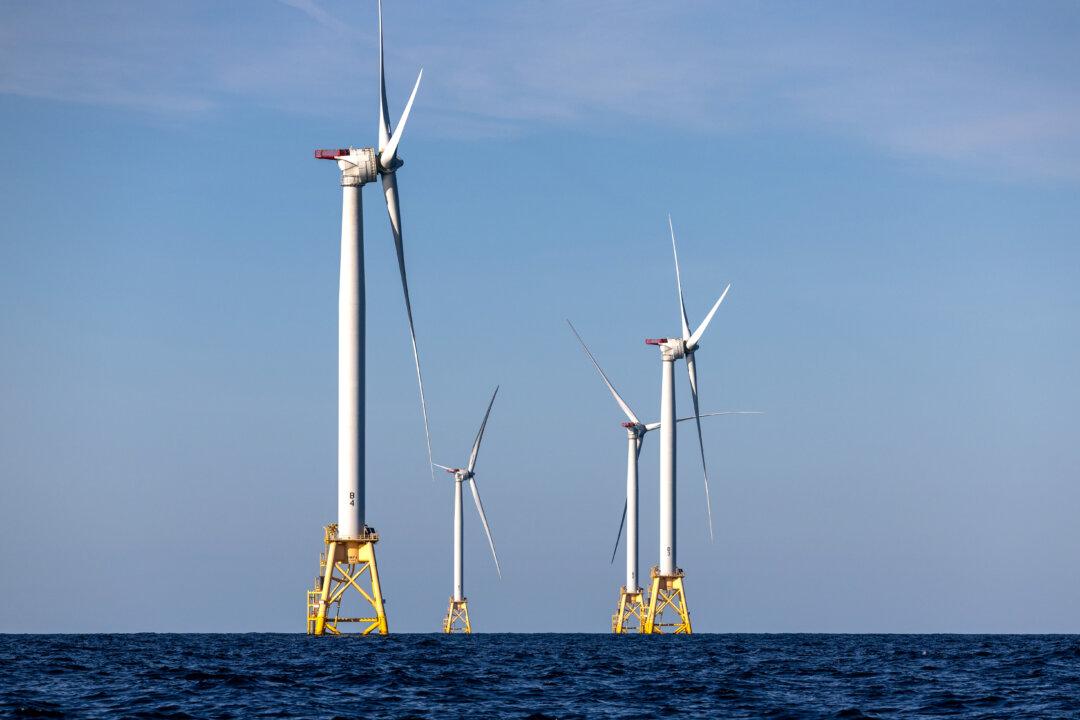Ottawa and the provinces of Nova Scotia and Newfoundland and Labrador will jointly develop Atlantic Canada’s offshore wind and other renewable energy industries under a new regulatory regime with the passage of Bill C-49 into law on Oct. 3.
Bill C-49 amends previous federal-provincial legislation on offshore petroleum management and revenue sharing to add renewable energy projects such as wind and hydrogen to the regulatory mandate.





